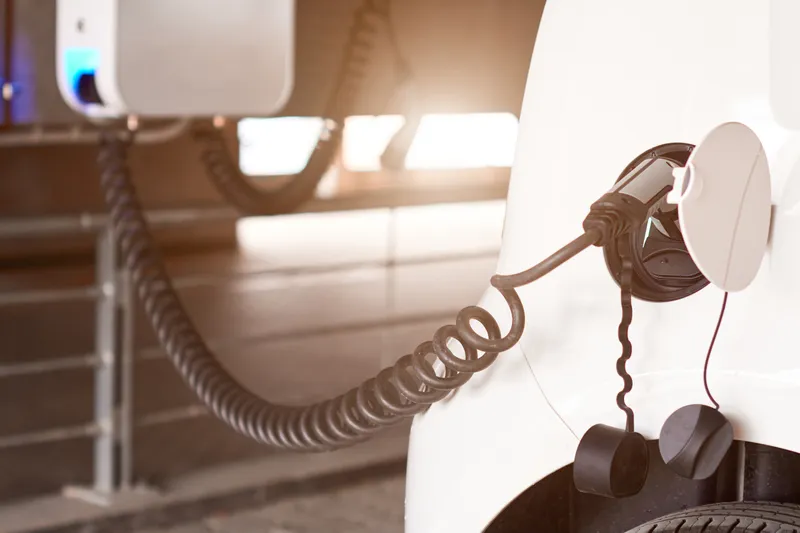The University of Michigan Transportation Research Institute has published a new report, Transportation emissions in the context of emissions from other economic sectors: 1990-2014, which examines long-term trends in the contribution of transportation to total greenhouse gas emissions in the United States, in the context of the other sources of emissions (industry, commercial, residential, and agriculture).
Also of interest in this study are the relative contributions of various transportation modes, bo
July 11, 2016
Read time: 2 mins
The 5647 University of Michigan Transportation Research Institute has published a new report, Transportation emissions in the context of emissions from other economic sectors: 1990-2014, which examines long-term trends in the contribution of transportation to total greenhouse gas emissions in the United States, in the context of the other sources of emissions (industry, commercial, residential, and agriculture).
Also of interest in this study are the relative contributions of various transportation modes, both to transportation emissions and to total emissions. The period examined was from 1990 through 2014. The raw data came from the US1999 Environmental Protection Agency.
Main findings of the study include the relative contribution to total emissions of the largest emitter, industry, decreased during the period examined, while those of the transportation, commercial, residential, and agricultural sectors increased. In addition, the relative contribution of emissions from medium- and heavy-duty trucks to total emissions from all sources increased substantially, while those from passenger cars and light-duty trucks increased only slightly, and those from commercial aircraft stayed about the same.
According to the researchers, there are two main implications of this study. First, because of the major progress in reducing emissions from industry during the period examined, we can expect an increased emphasis on reducing emissions from the other economic sectors, including transportation. Second, because of the large increase in the contribution of medium- and heavy-duty trucks to total emissions, we can expect an increased emphasis on reducing emissions from these classes of vehicles.
Also of interest in this study are the relative contributions of various transportation modes, both to transportation emissions and to total emissions. The period examined was from 1990 through 2014. The raw data came from the US
Main findings of the study include the relative contribution to total emissions of the largest emitter, industry, decreased during the period examined, while those of the transportation, commercial, residential, and agricultural sectors increased. In addition, the relative contribution of emissions from medium- and heavy-duty trucks to total emissions from all sources increased substantially, while those from passenger cars and light-duty trucks increased only slightly, and those from commercial aircraft stayed about the same.
According to the researchers, there are two main implications of this study. First, because of the major progress in reducing emissions from industry during the period examined, we can expect an increased emphasis on reducing emissions from the other economic sectors, including transportation. Second, because of the large increase in the contribution of medium- and heavy-duty trucks to total emissions, we can expect an increased emphasis on reducing emissions from these classes of vehicles.










